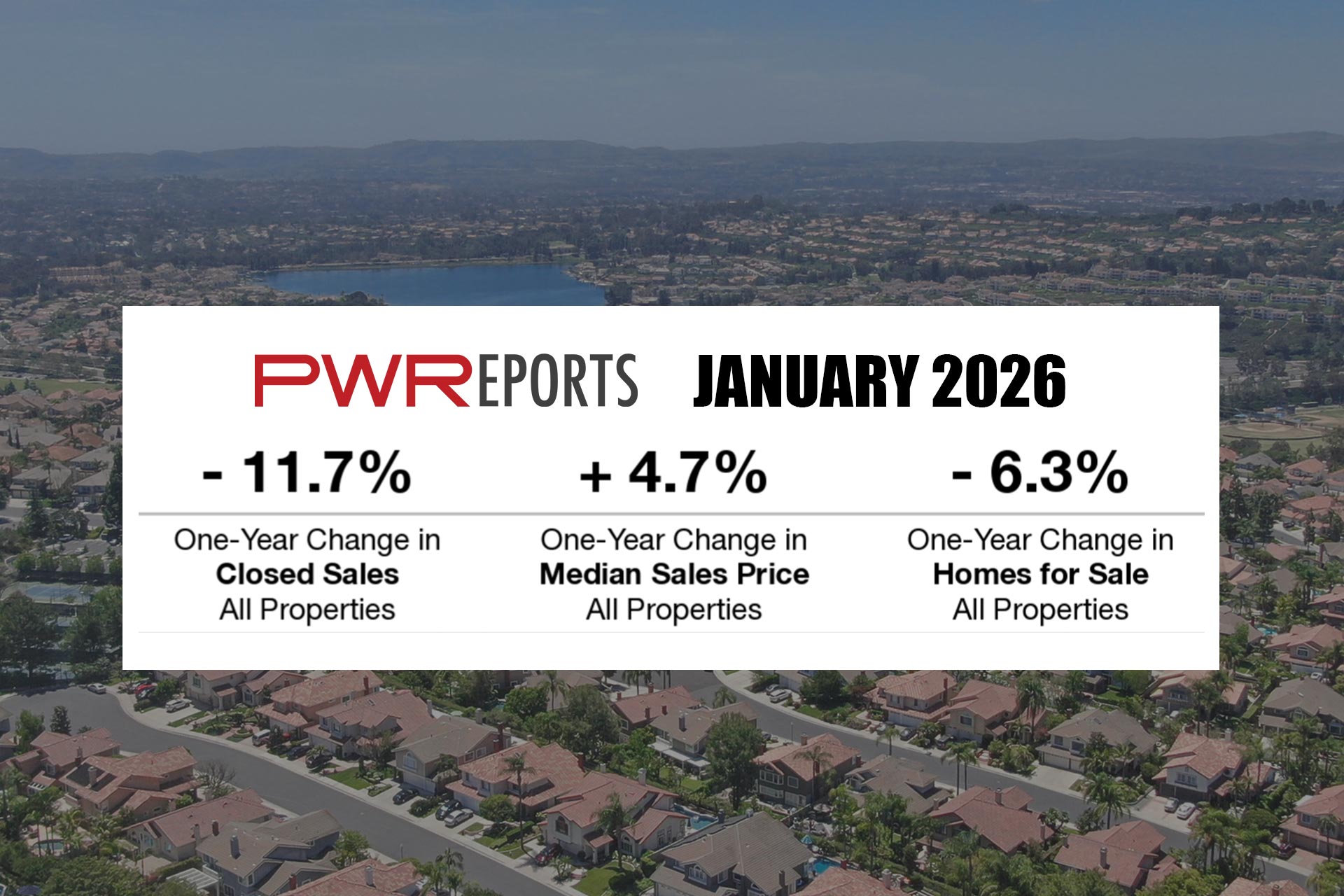There have been reports to CRMLS that some agents are advertising and marketing properties for sale with no listing agreement. This can occur for a few reasons, though the two most common examples are (1) the agent or broker is expecting the seller/landlord to sign a listing imminently and wants to get started with the marketing early, and (2) the agent or broker has some sort of permission or agreement with the seller/landlord to market the property in order to “test the waters” of the marketplace. If you are considering marketing or advertising a property without a listing agreement, even if you have intentions of securing one in the near future, please read this FAQ containing information that CRMLS finds pertinent to the situation.
1. What potential legal issues may be involved in marketing a property when I don’t have a listing agreement?
Before getting to the answer, please be aware that this FAQ is NOT an adequate replacement for direct legal advice. That said, CRMLS is aware of certain legal issues that could arise if you choose to market a property when you do not have a listing agreement.
The California Department of Real Estate (DRE) may consider this conduct to be in violation of several sections of the state’s real estate law. Specifically, the DRE has explained that California Business and Professions Code (BPC) sections 17500, 10140, and 10176 stand opposed to this conduct.
BPC section 17500 applies to false advertising. This is a lengthy code section, but to summarize the law in a reasonable paraphrasing:
It is unlawful to advertise services or otherwise induce the public to enter any obligation by any means that are in any way untrue or misleading. Any violation of this section is a misdemeanor punishable by jail time up to 6 months or a fine of up to $2500, or both.
When marketing a property, unless you state very carefully the specific arrangement, a consumer could reasonably understand that you have sufficient relationship to the property to confer upon you the rights and responsibilities of agency or similar authority. Plainly, consumers will probably think you are the listing agent. If consumers are led to such a belief, and act upon that belief, then you have misled them. While there are certainly situations that might not fall within the scope of this law, it is generally applicable.
BPC section 10140 is also lengthy, but can be condensed as follows:
Any real estate licensee involved in false advertising related to real estate, either as to sale/lease of property or services related thereto, is guilty of a public offense punishable by jail time of up to one year or a fine of up to $1000, or both. Further, the licensee must stand trial before the real estate commissioner for a suspension or revocation of his/her license.
This section is notable in that it includes loss of license as a possible consequence. Further, there is language in the code that makes it applicable not just to intentional, knowing violations, but to negligent conduct as well.
BPC section 10176 further addresses licensee misconduct of this type, and adds the following actions (among others) that the DRE can investigate that can lead to sanction up to loss of license:
- Making any substantial misrepresentation.
- Making any false promises of a character likely to influence, persuade, or induce.
- A continued and flagrant course of misrepresentation or making of false promises through licensees.
- Any other conduct which constitutes fraud or dishonest dealing.
CRMLS recommends that you seek independent legal counsel for further information and evaluation of these or any other laws as they might apply to your business practices.
2. Are there any ethical issues involved in marketing a property when I don’t have a listing agreement?
Yes. While CRMLS does not provide governance on ethical conduct, our assessment of the application and enforcement of the National Association of REALTORS® Code of Ethics (“Code”) leads to the conclusion that several Articles of the Code could be violated by the conduct at issue. We have also considered the findings and input from many local associations’ Professional Standards and Ethics Committee hearings on these matters. Marketing a property without a listing agreement raises multiple concerns under the Code of Ethics.
Examples of potential violations of the Code:
Article 1 of the Code firmly states that “when serving a buyer, seller, landlord, tenant or other party in a non-agency capacity, REALTORS® remain obligated to treat all parties honestly.” Accordingly, even when you do not have an agency relationship with a party (which includes consumers in general), conduct that is misleading or dishonest is implicated by this Article.
Article 3 of the Code addresses the duty to cooperate with other brokers, except when cooperation is not in the client’s best interests. Pro Standards and Ethics findings have indicated that keeping a property out of the MLS, and any marketing that accompanies that decision, can be viewed as a decision to not cooperate with other brokers. Whether such a decision is in a client’s best interest could depend on the specific facts of the case. Even so, the MLS is the industry’s largest marketing tool, therefore entering listing information into the MLS is more likely to be in the client’s best interest.
Article 9 of the Code requires any agreements related to real estate transactions to be in writing.
Both CRMLS and association committees have historically seen that many purported “marketing agreements” for unlisted properties are verbal or “handshake” deals. Such arrangements would likely fail to satisfy this section of the Code.
Article 11 of the Code addresses competency requirements. It is reasonable to investigate whether a practice that violates state law and/or fails the requirements of other Articles of the Code can be considered a display of professional competency. See also Standard of Practice 11-4.
Article 12 of the Code addresses honesty and truthfulness in real estate communications and advertising. This Article is direct in dealing with the issue at hand; the DRE considers such conduct to be subject to false advertising laws. Further, Standard of Practice 12-10 includes a catchall provision that prohibits Realtors from “otherwise misleading consumers” in their advertisements. See also CRMLS Rule 12.10.
For further information and analysis of Code of Ethics issues, please consult your local association or access NAR assistance and content.
3. Is there an agreement that would satisfy state law and the Code of Ethics so I can market/ advertise a property without a full exclusive listing agreement?
Yes. The most obvious choice would be to enter an open or non-exclusive listing agreement with the seller/landlord. While your broker or other practice authority should be able to fully explain the use of an open listing agreement, the notable characteristics of this type of agreement are as follows:
- The agreement is non-exclusive. The seller/landlord can enter other agreements concurrent with your agreement, or even sell/lease the property themselves.
- Most other terms are the same as exclusive agreements. Importantly, the broker is provided full rights to market the property. Further, even if your client simply wants to test the market, you can use whatever time period necessary in the agreement.
- Open listings are NOT required to be submitted/entered in the MLS per CRMLS Rule 7.8. This feature is important if your seller has privacy concerns or other reasons as to why they are seeking to market the property off the MLS.
- Open listings are NOT subject to the Clear Cooperation Policy. You can market the property to the public without submitting the listing to the MLS database. See CRMLS Rule 7.9.
- Open listings can be submitted to the MLS post-close as a comparable so that your transaction history is accurately recorded in the MLS.
- Because the listing agreement provides sufficient authority and/or otherwise establishes the relationship between the parties, the risks created under state law and the Code of Ethics are essentially eliminated.






